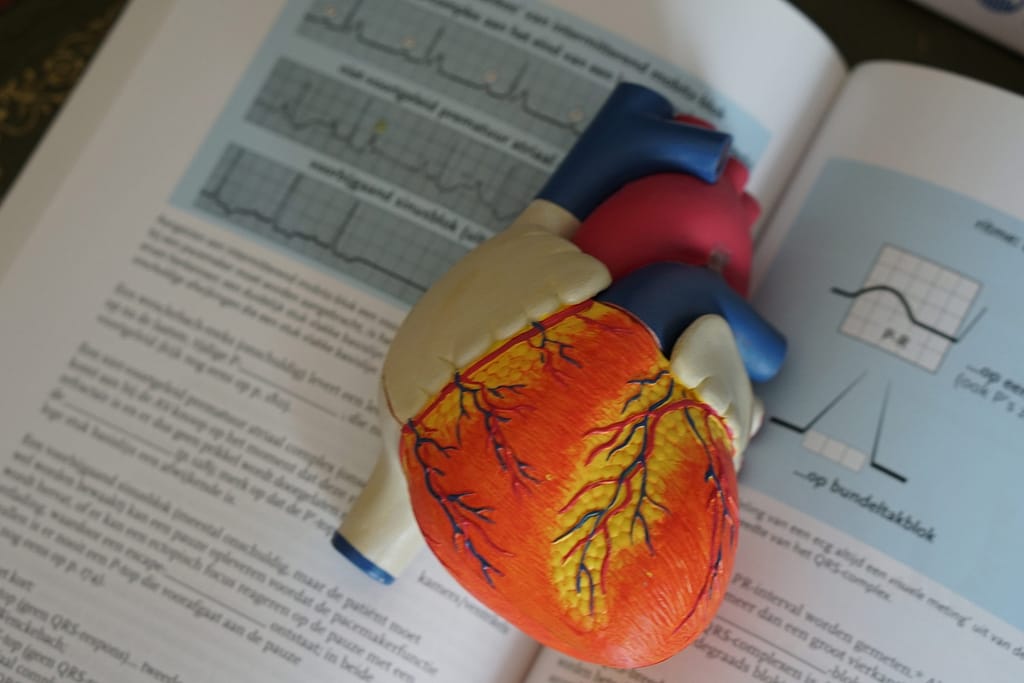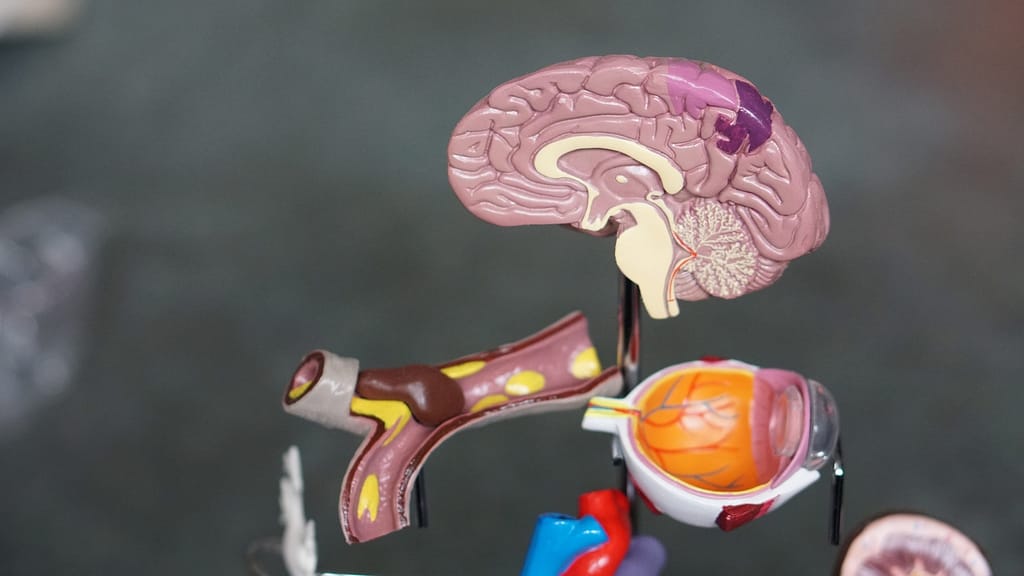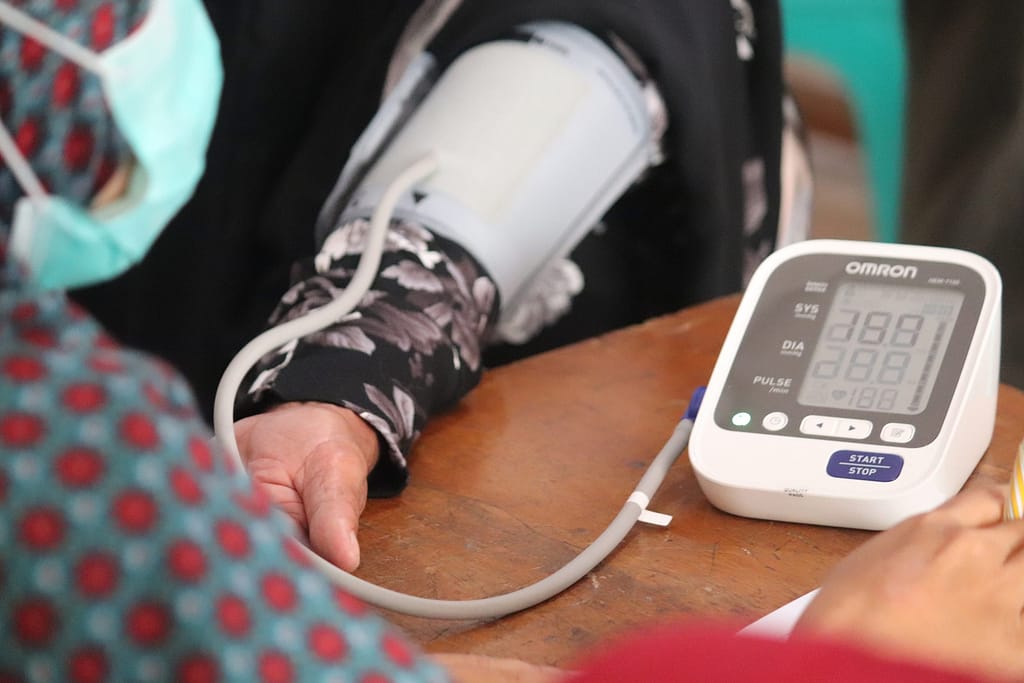Obesity's Effect On The Heart
FITNESS | HEART HEALTH | WEIGHT LOSS
Reviewed by Dr. Nisha Singh, Dietitian (Ph.D.), MSc.FN.
Obesity is linked to a variety of cardiovascular risk factors, including dyslipidaemia, type 2 diabetes, hypertension, and sleep disturbances.
Obesity is recognized as a heterogeneous illness in which people with similar BMIs might have quite different metabolic and cardiovascular risk profiles. Thus, individual disparities in regional body fat distribution, which negatively affect heart structure and function, are more important than overall body fat content in determining susceptibility to obesity-related cardiovascular problems. Furthermore, the sharp rise in the number of young patients with severe obesity highlights the need for additional upstream treatments aimed at prevention and treatment and better healthcare of obesity as a chronic disease.

Obesity, like other cardiovascular risk factors, contributes to the development of cardiovascular disease and the mortality associated with it. Recent research has shown abdominal obesity, as measured by waist circumference, as a cardiovascular disease risk factor irrespective of BMI. Imaging methods for evaluating body composition, such as visceral adiposity, have also advanced significantly.
Here Are Many Ways In Which Obesity Leads To Cardiovascular Disease.
Obesity has the potential to alter your cholesterol levels. Obesity is well known for raising bad cholesterol and triglyceride levels, but did you know that it can also lower healthy high-density lipoproteins (HDL) cholesterol? HDL cholesterol is necessary for the removal of bad cholesterol and the reduction of the risk of heart disease.

It has the potential to raise your blood pressure. Obese people require more blood to give oxygen and nutrients to their bodies, which causes blood pressure to rise. To circulate this blood around, your body will need greater pressure. High blood pressure is a leading cause of heart attacks, which are unfortunately more common in fat people.

It has the potential to cause diabetes. Obesity brings with it a slew of medical issues, including high cholesterol, high blood pressure, and heart attacks. Obese people are also at a considerably higher risk of having diabetes. According to the American Heart Association, at least 68 per cent of diabetics aged 65 and up have heart disease. Although people with diabetes are two to four times more likely to develop heart disease, the American Heart Association rates diabetes as one of the top seven primary preventable factors for heart disease.

Obesity causes heart failure in several ways, both direct and indirect. Hemodynamic alterations are caused by excess weight. Both cardiac output and blood pressure have been found to increase with increasing BMI; a 5 kg/m2 increase in BMI resulted in a 5 mmHg increase in systolic blood pressure. It is linked to the activation of the renin-angiotensin-aldosterone system on the one hand and enhanced sympathetic nervous system activity on the other. Obesity promotes interstitial cardiac fibrosis, platelet aggregation, and vascular dysfunction through increasing aldosterone levels and mineralocorticoid receptor expression.

Fortunately, there are certain things you can do to lose weight, improve your health, and lower your risk of heart disease. Consult your doctor/dietitian about developing a diet and exercise plan that is tailored to your specific objectives and health situation.
Exercise consistently and eating a good, balanced diet are the most important things any obese person, especially those with a family history of cardiovascular disease, should do to get healthy.
